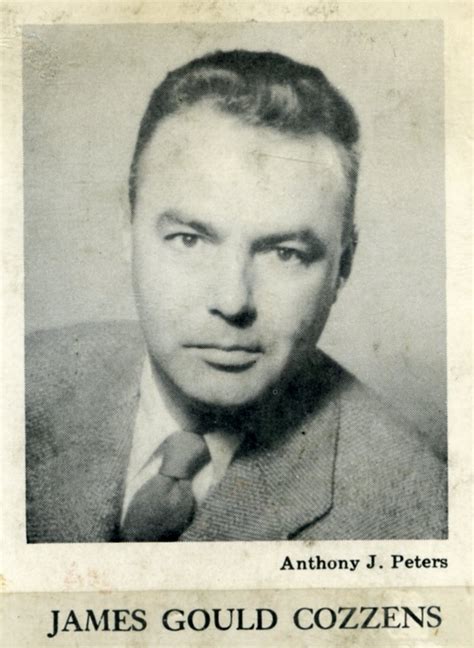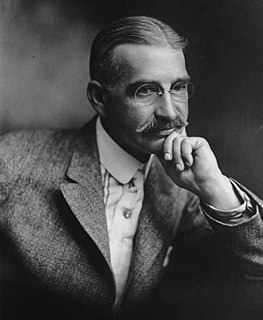A Quote by Friedrich Nietzsche
The great poet draws his creations only from out of his own reality.
Related Quotes
There's an all-enveloping destructiveness in Donald Trump's character and in his psychological tendencies. But I've focused on what professionally I call solipsistic reality. Solipsistic reality means that the only reality he's capable of embracing has to do with his own self and the perception by and protection of his own self. And for a president to be so bound in this isolated solipsistic reality could not be more dangerous for the country and for the world. He's not psychotic, but I think ultimately this solipsistic reality will be the source of his removal from the presidency.
As a disciple of my father's, I was certain I wanted to include one of his own raga creations on 'Home', as they are so beautiful; whilst many of his creations are part of the general classical repertoire for all musicians, many more are only played by those of us who learned from him, and therefore need to be played.
Bailey might not have great intelligence or abilities, but his whole aim, thought and study was that of the born leader--to look out for himself; and he did it with that born-leader's confidence and intensity that draws along the ordinary uncertain man, who soon confuses his own interest and his own safety with that of the leader.
Familiarity with any great thing removes our awe of it. The great general is only terrible to the enemy; the great poet is frequently scolded by his wife; the children of the great statesman clamber about his knees with perfect trust and impunity; the great actor who is called before the curtain by admiring audiences is often waylaid at the stage door by his creditors.
Genius in the poet, like the nomad of Arabia, ever a wanderer, still ever makes a home where the well or the palm-tree invites it to pitch the tent. Perpetually passing out of himself and his own positive circumstantial condition of being into other hearts and into other conditions, the poet obtains his knowledge of human life by transporting his own life into the lives of others.
Of all the animal creations of God, main is the only animal who has been created in order that he may know his Maker. Man's aim is life is not therefore to add from day to day to his material prospects and to his material possessions, but his predominant calling is, from day to day to come nearer to his own Maker.
One of the appeals of William Carlos Williams to me is that he was many different kinds of poet. He tried out many different forms in his own way of, more or less, formlessness. He was also a poet who could be - he was a love poet, he was a poet of the natural order and he was also a political poet.
The man who works recognizes his own product in the world that has actually been transformed by his work. He recognizes himself in it, he sees his own human reality in it he discovers and reveals to others the objective reality of his humanity of the originally abstract and purely subjective idea he has of himself








































